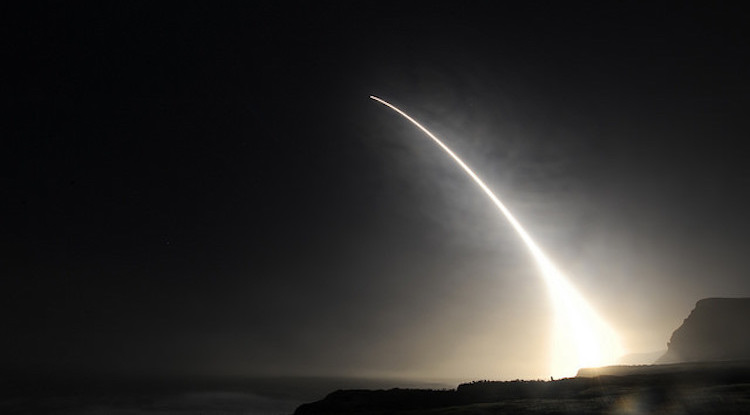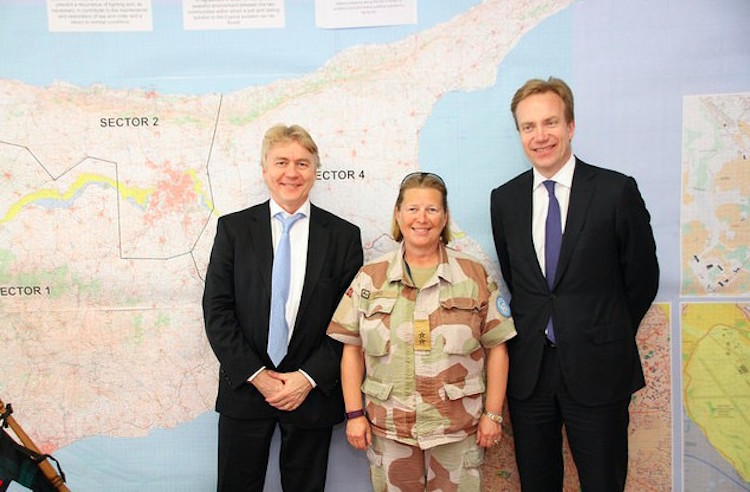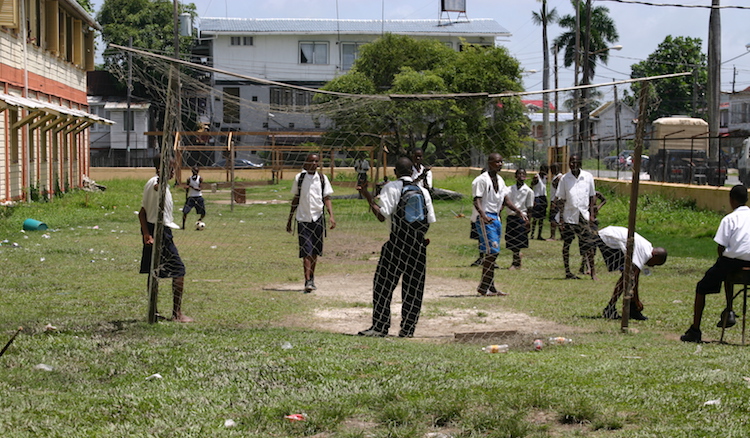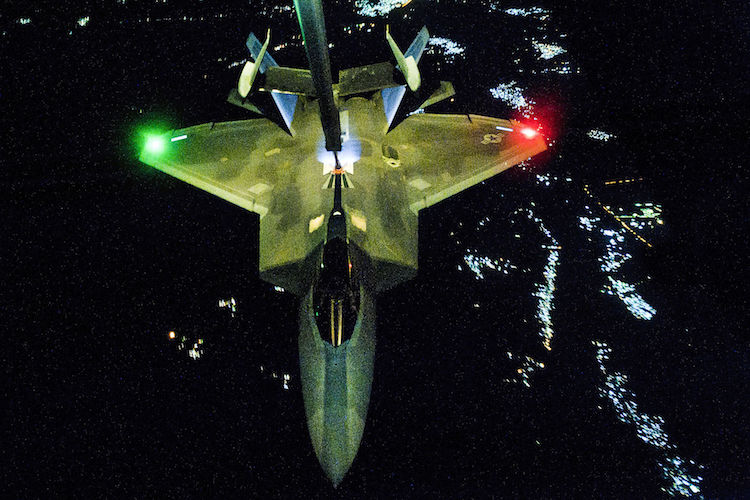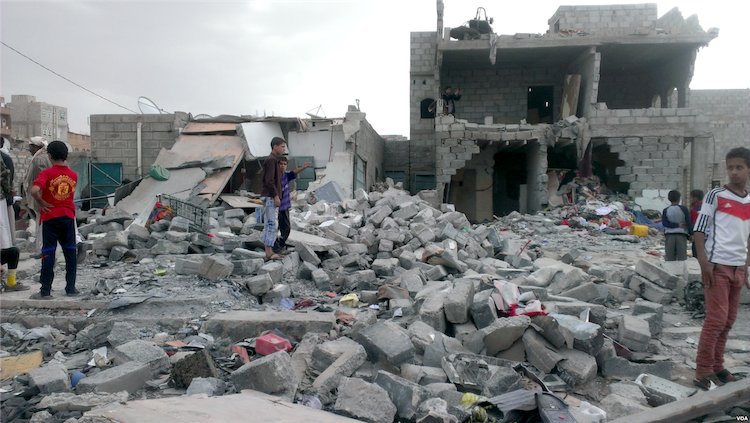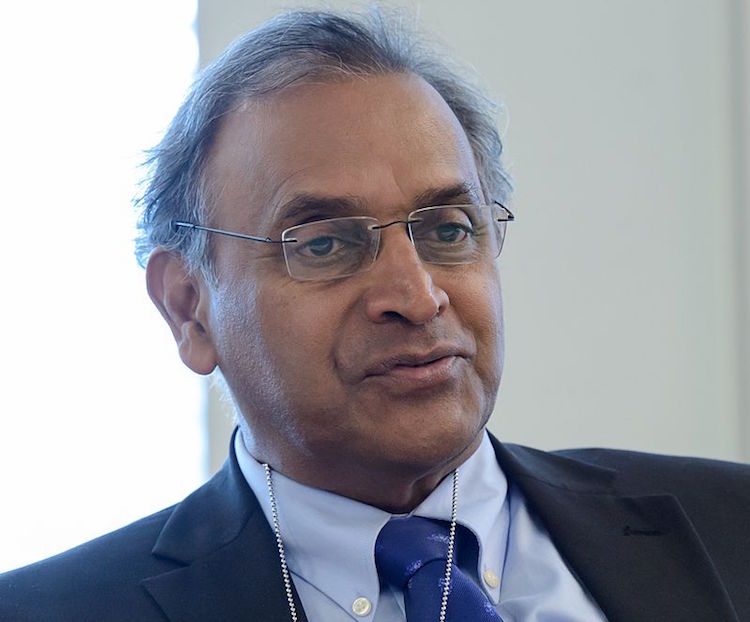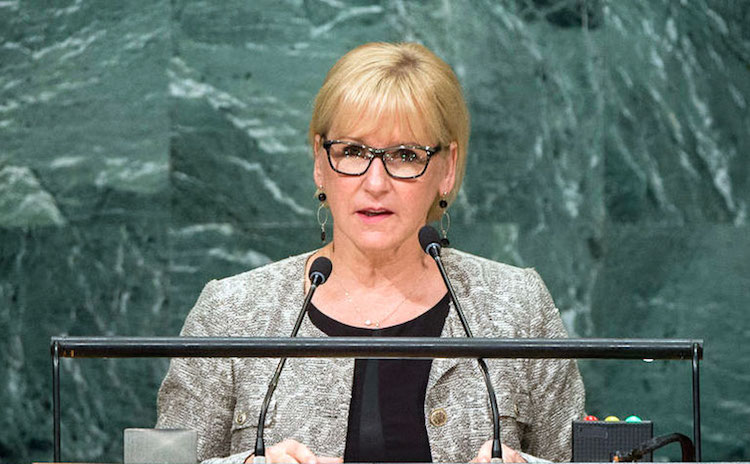By J C Suresh
TORONTO (IDN) – At a time of extraordinary tension between the U.S. and North Korea, with each side flexing its military muscle and making implicit and explicit threats, the U.S. has announced the test launch of an unarmed Minuteman III intercontinental ballistic missile (ICBM) from Vandenberg Air Force Base in California on April 26.
Commenting the announcement, David Krieger, President of the Nuclear Age Peace Foundation (NAPF), said: “When it comes to missile testing, the U.S. is operating with a clear double standard: It views its own tests as justified and useful, while it views the tests of North Korea as threatening and destabilizing.”

